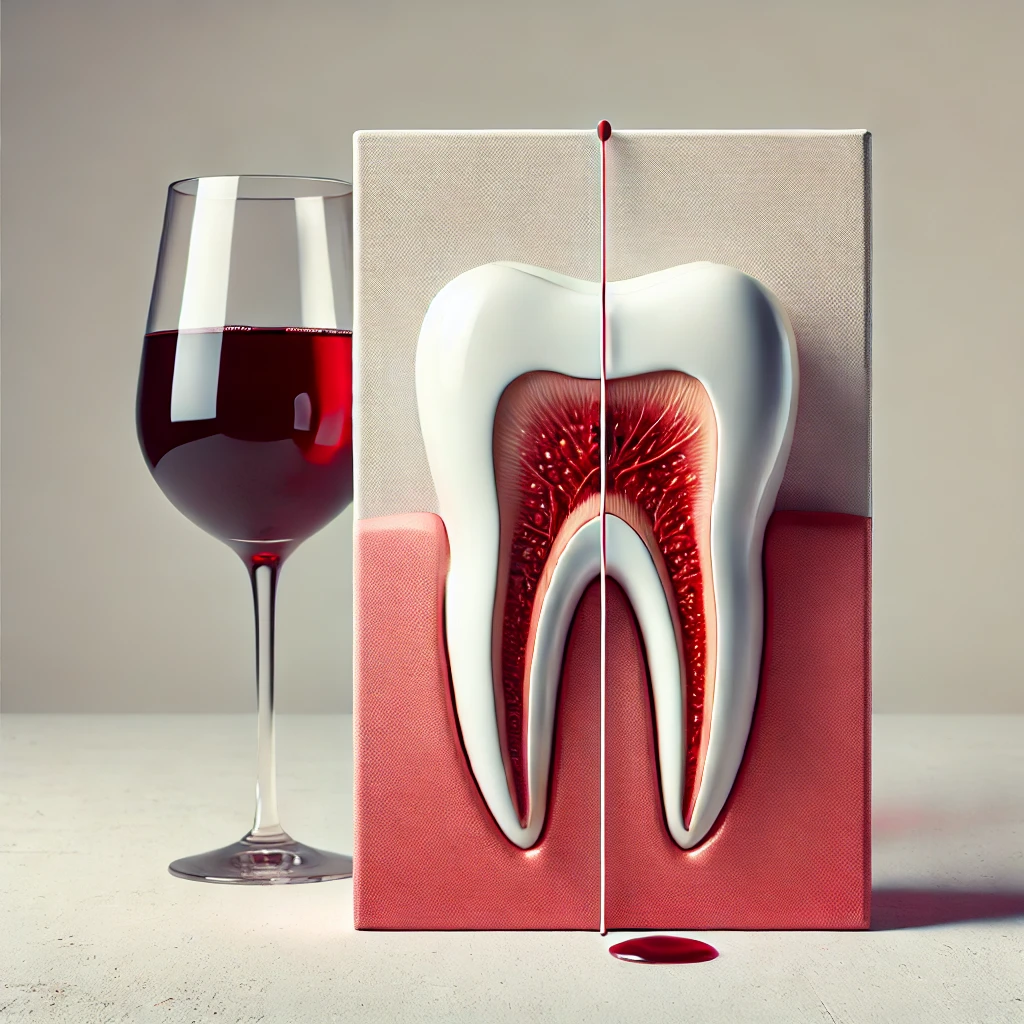Red Wine Vs Tooth Decay: Separating Fact from Fiction
Red wine has long been celebrated for its potential health benefits, particularly when it comes to heart health. However, one concern that often arises is its impact on dental health. Some people believe that red wine can contribute to tooth decay due to its acidity and tannins. In this article, we will delve into the relationship between red wine and tooth decay to determine whether this popular beverage is a friend or foe to your pearly whites.
The Role of Acidity in Tooth Decay
Acidity is a key factor in the development of tooth decay. When the pH level in your mouth drops below a certain threshold, it creates an environment where harmful bacteria thrive and can erode enamel, leading to cavities. Red wine is indeed acidic, with a pH typically ranging from 3.3 to 3.8.
However, it’s essential to note that the acidity of red wine alone may not be enough to cause significant damage to your teeth. The frequency and duration of exposure play a crucial role in determining its impact on dental health. Sipping on red wine throughout the day or swishing it around in your mouth for extended periods can increase the risk of enamel erosion.
Tannins: Friend or Foe?
Tannins are compounds found in red wine that contribute to its astringency and dry mouthfeel. Some studies suggest that tannins may have antimicrobial properties that could potentially benefit oral health by inhibiting the growth of cavity-causing bacteria.
On the other hand, tannins can also bind to proteins in saliva and form complexes that adhere to teeth, leading to staining. While staining is primarily a cosmetic concern rather than a direct cause of tooth decay, it’s worth considering if you’re particularly conscious about maintaining a bright smile.
Moderation Is Key
Like many things in life, moderation is key when it comes to enjoying red wine without compromising your dental health. Instead of sipping on red wine continuously throughout the day, consider enjoying it alongside a meal to help neutralize its acidity and minimize prolonged exposure to your teeth.
Rinsing your mouth with water after consuming red wine can also help remove residual acids and tannins from your teeth. Additionally, practicing good oral hygiene habits such as brushing and flossing regularly will further protect your teeth from potential damage.
Conclusion: Red Wine Can Be Enjoyed Responsibly
In conclusion, while red wine does contain acids and tannins that could theoretically contribute to tooth decay and staining, responsible consumption paired with proper oral hygiene practices can help mitigate these risks. Enjoying a glass of red wine occasionally as part of a balanced lifestyle is unlikely to pose significant harm to your dental health.
Remember that individual factors such as overall oral health condition, genetic predisposition, and lifestyle habits all play a role in determining how different foods and beverages affect your teeth. If you have specific concerns about red wine consumption and its impact on your dental health, consider consulting with your dentist for personalized advice.

